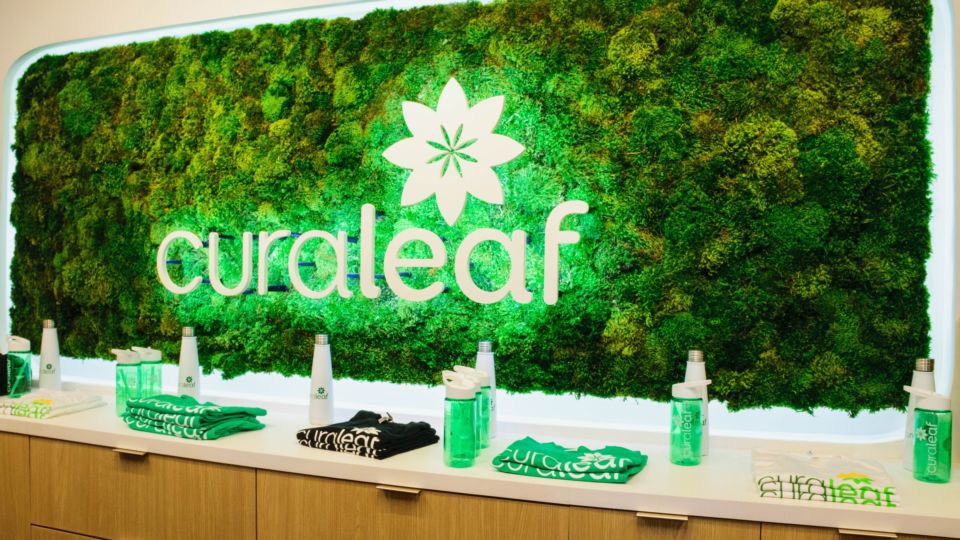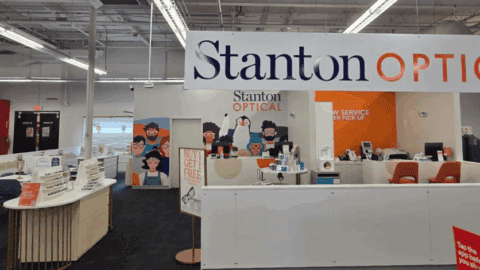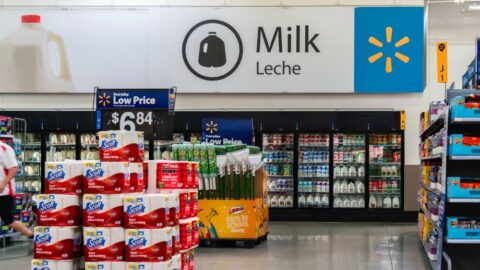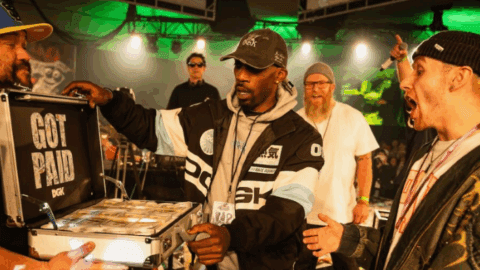Many essential retailers received a crash course in contactless services during COVID-19, but dispensaries faced a particular challenge: both medical and recreational cannabis sales emphasize conversations with well-educated associates and heavy curation in order to accurately discover and fulfill shoppers’ needs. Larger players like Curaleaf also face additional regulatory pressure: the company is operational in 18 states, which meant navigating a patchwork of 18 different COVID-19 responses.
Services that have served retailers well across the industry, like curbside pickup, traffic queuing and social distancing, were just as important for Curaleaf. One of the unique challenges was wait times: finding the right cannabis product isn’t a process that can be rushed, so wait times could vary. Curaleaf adopted a waitlisting app, letting shoppers wait in their cars until it was their turn.
“When you contact us, we put you into a virtual queue and this gives us control to manage the crowd,” said Chris Melillo, SVP, Retail Operations at Curaleaf in an interview with Retail TouchPoints. “Now that I’ve got you in a virtual queue I can give you a place in a virtual line that lets me fulfill your curbside order, or if we’re still operating inside, contact you when it’s safe to come into the store because we have a spot that’s socially distanced. That gives us 100% control of crowd flow and 100% communication with our patients.”
Curaleaf also launched a new web site in response to the needs created by the pandemic. The retailer’s homepage now offers a better user experience and has access to additional bandwidth, helping Curaleaf keep up with online demand and making it easier for shoppers to learn about any changes to how dispensaries operate.
Customer Education Continues At Curbside
Another challenge for this education-heavy retail segment is managing curbside pickup, but Curaleaf isn’t letting the new venue get in the way of relationships between associates (called budtenders) and customers. The conversations now take place at the car, and both budtenders and customers must wear masks, but shoppers can expect the same level of service they’re used to.
“Most of America is doing commerce online right now,” said Melillo. “The fact that we’re selling cannabis makes this a little bit harder, but that doesn’t mean you can’t get information, especially for repeat customers. You want to provide service in any way possible, and a lot of times that’s at curbside. We know it’s going to be a little bit of an elongated process and that the service takes a bit longer, but we’re not going to compromise our ability to recommend products and get you what you need just because the format for serving you is different.”
Setting up curbside presented a valuable learning opportunity for Curaleaf. Now that the retailer has a plan in place, it’s prepared to immediately relaunch curbside services in any areas where the COVID-19 resurgence makes that necessary. “I can make a phone call and we can go to curbside anywhere, at any time,” said Melillo.
Managing Regulations Calls For Open Communication
Curaleaf already was operating under different regulations for recreational and medical cannabis in different states, and the pandemic has layered on new and different operational requirements. The retailer handled this challenge through open communication with state governments, working together to come up with procedures that keep both budtenders and customers safe and without impeding anyone’s access to medication.
“The first step is working with state regulatory bodies and partnering with them,” said Melillo. “No two states are created equal, and each has its own goals. Our job is to adhere to those goals. The states also have a responsibility under COVID-19 to help essential retailers make things safer. What really underlines our success during COVID is our relationships with regulatory bodies. They really listened and opened up themselves for feedback and to work in partnership with us to take care of our patients.”
Additionally, Curaleaf worked with its customers to help them adapt to the new operating procedures, by providing explanations through emails and on its web site. The retailer also helped less tech-savvy patients get through the online ordering process by tutoring them over the phone.
The pandemic did cause some loss of business in some states: Massachusetts temporarily closed its recreational dispensaries, and Nevada lost much of its tourist traffic. However, Curaleaf has continued to see overall sales growth month after month, and Melillo expects the experience to leave the company in a strong position the future.
“Needless to say, we had to reengineer the way we think about retail during the pandemic,” said Melillo. “I’m really, really proud of our retail, our corporate leadership, our budtenders, our pharmacists, our retail managers — this team has been unbelievably brave and not afraid to try new things and figure out how to make this work. Being deemed essential is a huge task and a huge undertaking.”













